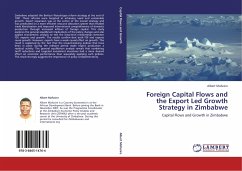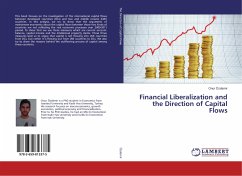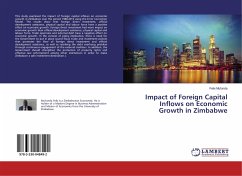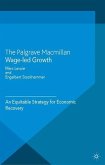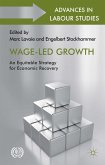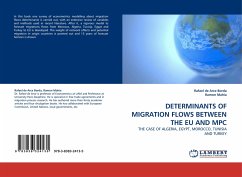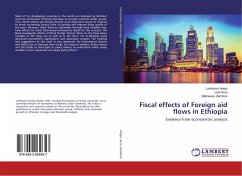Zimbabwe adopted the Bretton Woods-type reform strategy at the end of 1991. These reforms were targeted at achieving rapid and sustainable growth. Export expansion was at the center of the overall strategy and was predicated on a more efficient resource allocation system that entailed trade liberalization and improved international competitiveness of domestic production through increased inflows of foreign capital. This study explores the general equilibrium implications of the policy changes and also applies econometric analysis to test the long-term relationships between FDI, exports and growth. The results confirm that both FDI and exports cause growth. However, exports have a weak causal effect on growth. This result is explained by the fact that the inward-looking policies that have been in place during the relevant period made export production a residual activity. The general equilibrium analysis reveals that combining tariff reductions and targeted investment incentives had a more desired effect on economic performance than separately applying such policies. This result strongly suggests the importance of policy complementarity.
Bitte wählen Sie Ihr Anliegen aus.
Rechnungen
Retourenschein anfordern
Bestellstatus
Storno

